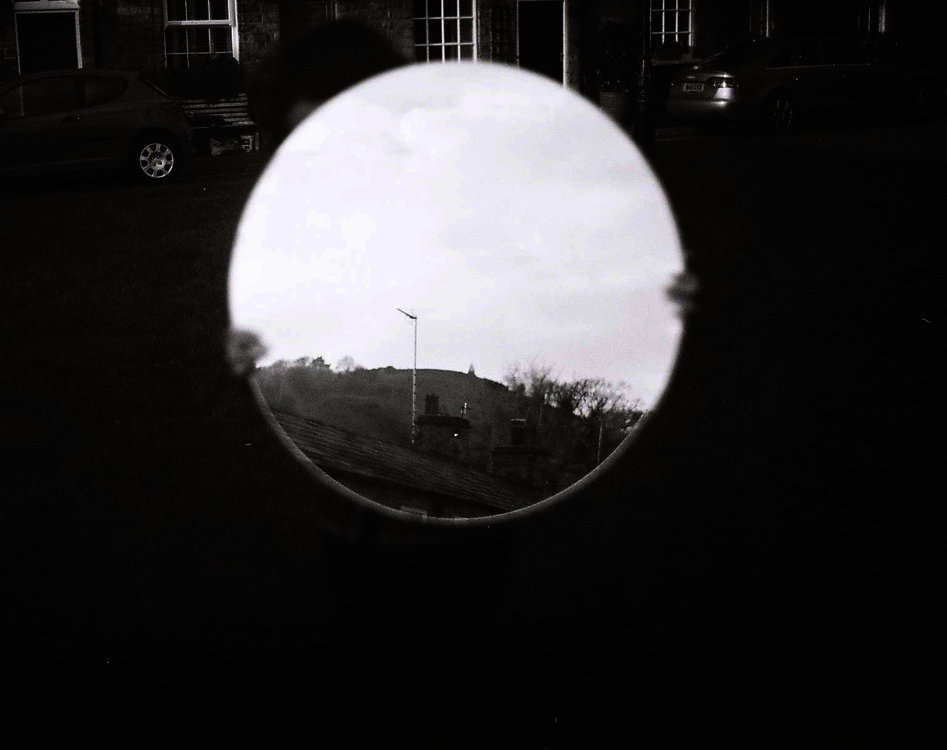Consultancy, Public Engagement, Research Impact, Exhibition
Places are defined by the people who live within them. As individuals and communities, deep significance is attached to familiar places, and complex relationships can develop between the residents and the place that they inhabit. This quality is present in the nature of the buildings and the streets, It is often generated by the ordinary actions of local people, many of who believe that their identity is essentially tied to the place that they occupy. This local distinctiveness is characterized by the activities that occur within the specific environment. Thus significant markers are formed, in both the present and in the past, which will allow
a society to relate to a particular environment. Events that hold value in a community are often manifested in physical form, and therefore allow a population to trace back meanings and connections with their past. This organisation of the past seems to stimulate social cohesion and the feeling of being part of a community, and so, physical links with the past are often important elements within the cohesion of a community.
The Continuity in Architecture Atelier at the Manchester School of Architecture has evolved a theoretical position developed through more than 25 years of architectural design teaching. Working in heritage settings across England’s North-West, the group has explored contextual responses to charged urban environments at all scales. In the past five years the Research Group has built on the UK ‘Localism’ legislation with its opportunity to harness the passion people have for the places they live and work, and devolve decision-making to the most local level.
This research project has recorded, analysed, intervened and exhibited finidings in places with heritage assets, but whose infrastructure in various ways (employment, affordable housing, open space, traffic management, commercial enterprise) hampers future sustainability.




